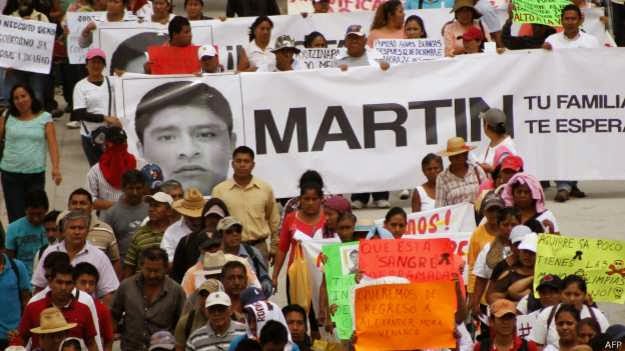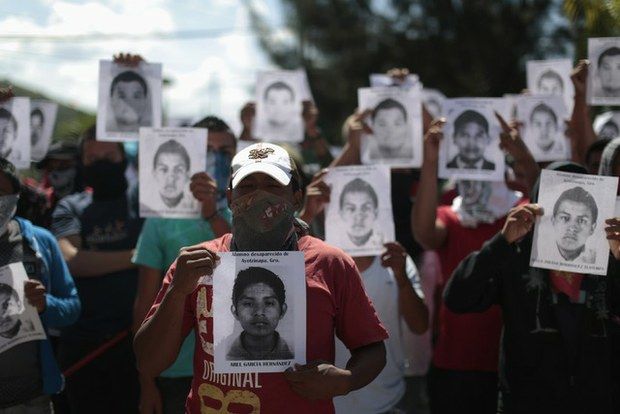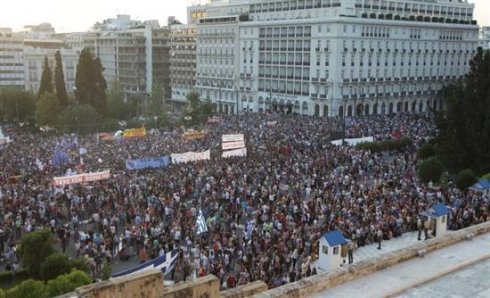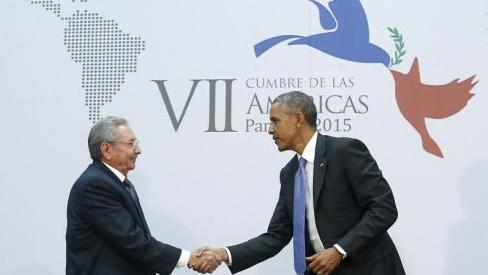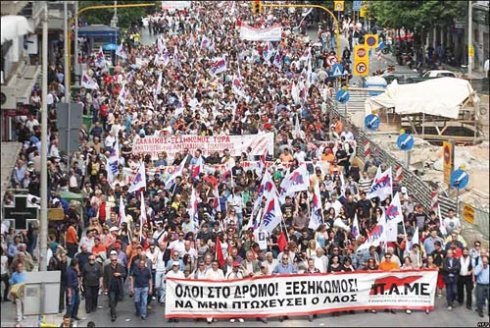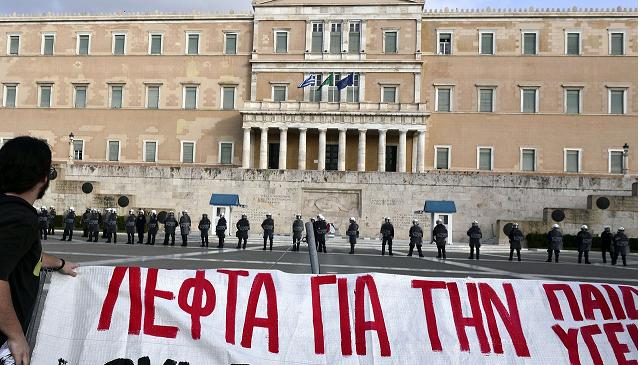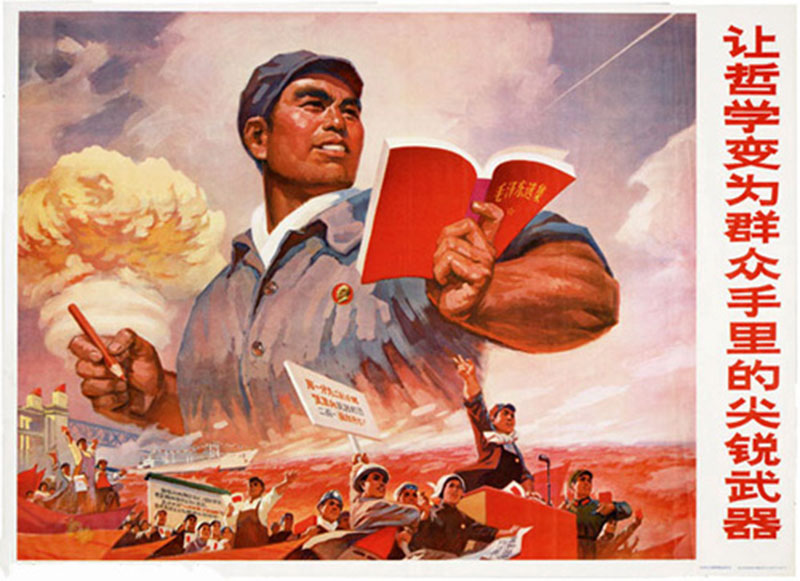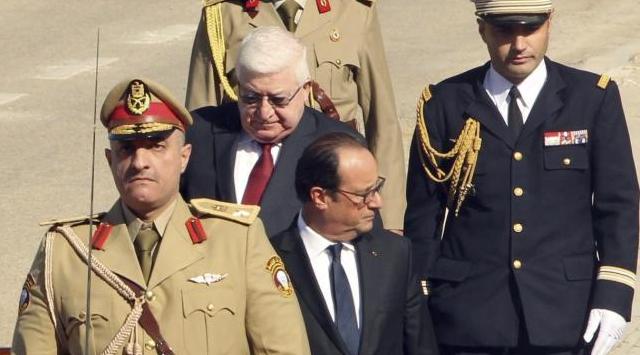Spain
Two strategies for the movement in the square
28/05/2011
Thursday 26 May 2011
by Santiago Lupe, Clase contra Clase
At the important assemblies taking place in the main cities in Spain there are growing concerns among the youth as to how to continue the struggle. The weight of some anarchist and autonomist currents makes it difficult to develop this discussion in clearer and more productive way. Basing themselves on the rejection of the main political parties and the trade union bureaucracy by the protestors, these currents encourage the rejection of all workers’ organisations and political groups. By doing so, they deny the right of the different political tendencies to campaign for their policies among the demonstrators, many of whom are already members of these groups. This also affects non-aligned activists who are prevented from grouping themselves with those who share similar views and who would like to defend and fight for their positions. The denial of the democratic right of expression to those organisations which support the struggle represents a step back for the development of the movement as a whole.
Two main strategies can be distinguished. On the one hand, the same groups that are opposed to the freedom of tendencies are trying to transform the camps into an end in themselves. The anarchists and autonomists’ main goal is to build the camps ‘here and now’ as an ‘autonomous space’, where those participating can resolve by their own means some of their everyday problems – even if only in a partial way. They are trying to build ‘a city within a city’, a parallel world to the existing one. This leads to a disregard for the political struggle against the government, the main political parties and the bosses, and, in turn, rejects the desire of the majority to formulate concrete demands. Moreover, by doing this, they impose an obstacle to the development of the movement by preventing it from linking up with workers in struggle – who don’t share this utopian and individualistic strategy. This tactic is in conflict with their stated aim of creating a ‘parallel society’, since isolation only assists the government in its attempts to evict the protesters from the squares.
On the other hand, there are political groups that believe that the movement has to attack the government and the main political parties, as part of the struggle to stop all the adjustment measures and put an end to reactionary institutions such as the monarchy. Their hope is to transform the world in a radical way, not to build a precarious ‘alternative world’. They want to take the struggle out of the squares – a desire that many participants have already expressed – that is, to transform the camps in centres of organisation and coordination in order to link up with other sectors in struggle. Without this the camps risk becoming symbolic and isolated protests – with little impact. For the comrades in Clase contra Clase the strategic task is to link up with organised workers, who, participating with their own methods of struggle, can move the current protest from the stage of occupying the streets to the stage of paralysing the country.

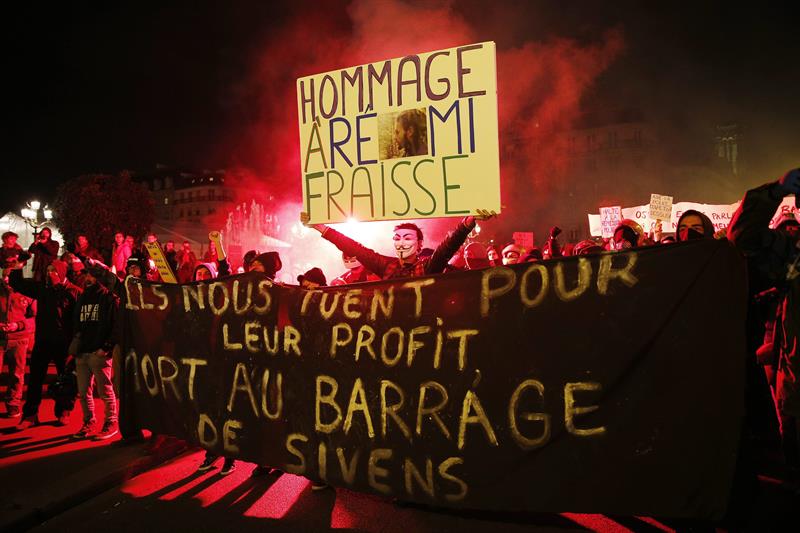
![Declaration of the Movimiento de los Trabajadores Socialistas [MTS] facing the brutal murder and disappearance of the normalistas students of Ayotzinapa](https://www.ft-ci.org/IMG/arton8590.jpg?1687978277)
